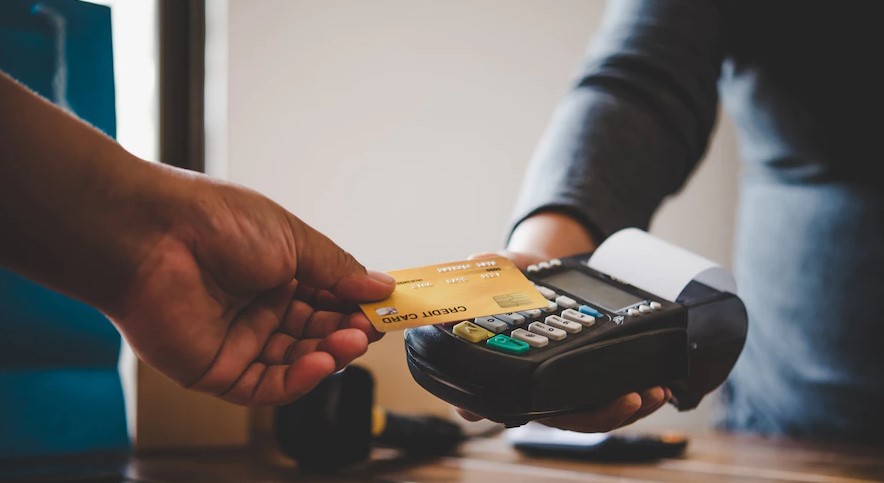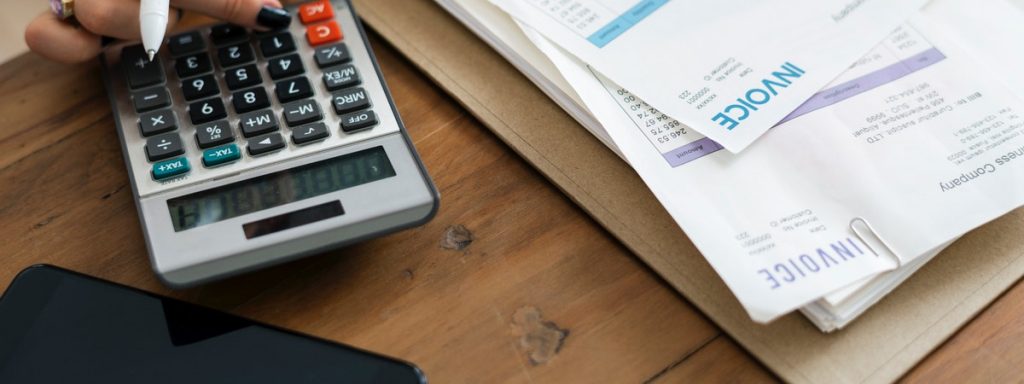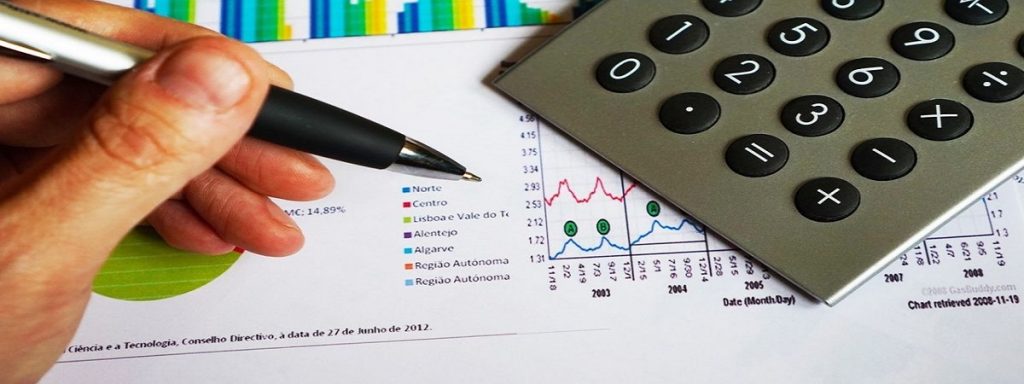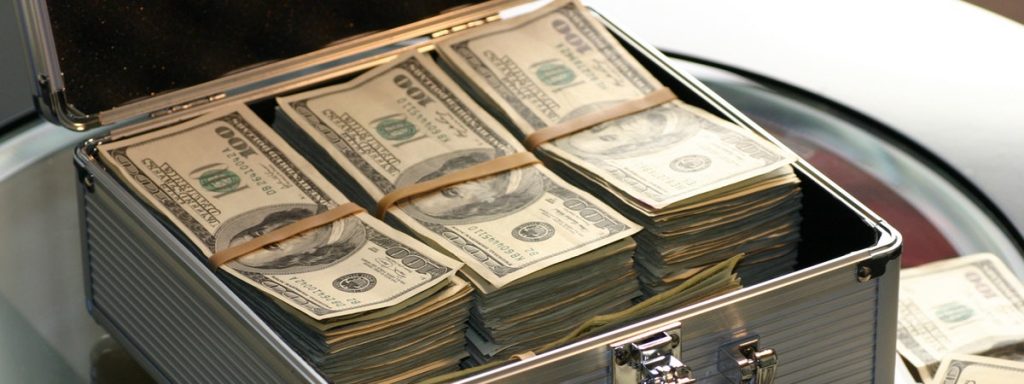A purchase interest charge is very common in credit cards. When you use your Capital One card to buy something, Capital One pays the merchant upfront for you. At the end of the month, you pay the total due amount to Capital One including the purchase interest. Purchase interest is basically a type of fee that you have to pay for the purchases that you have done using your credit card.
Key Takeaways
- A Capital One credit card account can have variable interest rates like cash advances rates, balance transfer rates, etc.
- If you don’t pay the full amount of the credit card bill then the purchase interest charge will be added to your next credit card bill
- If you don’t pay the full due amount then it will be listed as the APR on your credit card statement
- Capital One bank charges purchase interest to subsidize the risk of issuing new credit cards and minimizing the loss
What is Purchase Interest Charge?

A purchase interest charge is also known as a “finance charge” and it is a very common type of credit card charge. Purchase interest charge refers to an interest rate that you have to pay on the amount that you have spent using your credit card. Basically, you have to pay the purchase interest charge for the amount that you didn’t pay in full while buying products. If you don’t pay the full amount of the credit card bill in each billing cycle then the purchase interest charge of the unpaid balance will add to the balance of the next billing cycle. In many cases, if you don’t pay the full due amount then your interest charge will grow and it will be listed as the annual percentage rate or APR in your credit card statement.
How Does Purchase Interest Charge Work?
If you have a credit card then it is very important for you to understand how to purchase interest charges works. Basically, the purchase interest charge is calculated based on the total balance on your credit card and the card’s interest rate. You should keep in mind that both the total balance and the credit card interest rate can rise and fall from one month to the next so the purchase interest charge won’t be the same every month. Many credit card companies’ offer an interest-free period and within that time there won’t be any purchase interest charge. But when the interest-free period is over, you will be charged for purchase interest. Check the below example and you will have a clear idea of how the purchase interest charge works.
For example, if you buy a $1000 worth of product using your credit card then your due is $1000. On the other hand, if your purchase interest rate is 7% then your total purchase interest charge will be $70. So your total credit card due will be $1070! So, if you don’t pay the full due every month then this purchase interest charge will get you stuck in credit card debt.
Why does Capital One Bank Charge Interest?
In most cases, credit cards are a type of unsecured loan. Though there are secured credit cards that low to no credit score people can get after depositing security money. Moreover, for loans like car loans, the bank has collateral (car) to take back if the borrower isn’t able to pay the loan in time. However, for a credit card, there is nothing to take back if you don’t make your payments in time. This is why all banks including Capital One bank charge various interests like purchase interest, advance cash interest, etc. Mainly Capital One bank charges purchase interest from its credit cardholders to subsidize the risk of issuing new credit cards and minimizing the loss.
How to Avoid Purchase Interest Charge?

If you are worried about an increased purchase interest charge then the best way you can avoid this interest charge is to pay off the full due balance on your credit card at the end of every billing cycle. Apart from that, there are a few other ways you can avoid purchase interest charges. Let’s check them out below!
1. Get a 0% Interest Credit Card
There are many credit card companies available that offer a limited-time 0% interest credit card. The limited time can be a month to a few months or a year! But there are some disadvantages of this type of credit card. For example, you might have bought a $3,500 computer using your credit card that offers 12-months, 0% interest on all charges. You have to pay the minimum payment of $250.00 every month. On month 12 you will be charged some interest even though you have paid more than $275.
2. Balance Transfer
Many credit cards offer 0% interest promotions on balance transfers. You can transfer an existing balance to a 0% interest card and avoid the purchase interest charge. So, this way you will be able to get your debt under control with zero added interest. However, there are also some problems with this type of credit card. You might be able to take advantage of 0% interest promotions on balance transfers but you have to pay some additional fees. So, there are chances that you will end up with high debt on your new card.
3. Pay off the Total Due Balance
This is the simplest way you can avoid purchase interest charges. You should always try to pay the total due balance on your card by the end of each billing cycle. Moreover, when you are using your credit card make sure you avoid making purchases that are way outside of your budget. If you have to use your credit card in emergencies then try to pay as much as you can with cash. If you have to use your credit card then make sure you pay your due balance as soon as possible. You should keep in mind that credit card companies can increase your interest rate if you default on your terms and you are more than 60 days past your due payment!
Can Capital One Bank Charge Purchase Interest if you Make Minimum Payments Every Month?
Yes, Capital One Bank can charge purchase interest even if you make minimum payments every month. Capital One bank has 25 days from the purchase date to when the minimum payment is due. After paying the minimum balance if there is a balance left then the due balance will be charged a purchase interest rate by Capital One bank. So it means, that even if you make the minimum payment, the rest of the due amount will accrue daily interest for 25 days. Your next month’s credit statement will show the purchase interest that Capital One bank has charged on your due balance.
FAQs about What is Purchases Interest Charge and Why Do I Get it on My Capital One Credit Card?
Why did I get a purchase interest charge?
You will get a purchase interest charge when you use your credit card to buy something. Usually, the credit card company charges purchase interest on the amount that remains due on your credit card account. If you want to avoid purchase charge interest then you should always pay the total due amount within the due date.
Why did I get charged interest on my credit card after I paid it off?
If you have to get charged interest on your credit card after paying the due bill then it means you are carrying a due balance. Usually, banks charge a Purchase interest rate on due balances that you haven’t paid in your last billing cycle.
What is an interest charge purchase on a Capital One credit card?
The interest charge purchase on a Capital One credit card is the cost that you have to pay for borrowing credit from Capital One bank. If you don’t pay the full due balance then Capital One bank will charge an interest rate on the due balance and you have to pay the purchase charge in the next billing cycle.
When Is Credit Card Interest Charged?
Usually, the credit card interest is charged based on your due balance. If you have a due balance after a billing cycle then the bank will carry over your unpaid due balance to the next billing cycle. This process is known as a revolving balance. The interest for the revolving balance is charged in the next billing cycle by the bank.
References:
https://www.capitalone.com/learn-grow/money-management/calculate-credit-card-interest/
https://wallethub.com/answers/cc/capital-one-interest-charge-2140677616/
Last Updated on November 7, 2022 by Magalie D.

Magalie D. is a Diploma holder in Public Administration & Management from McGill University of Canada. She shares management tips here in MGTBlog when she has nothing to do and gets some free time after working in a multinational company at Toronto.





